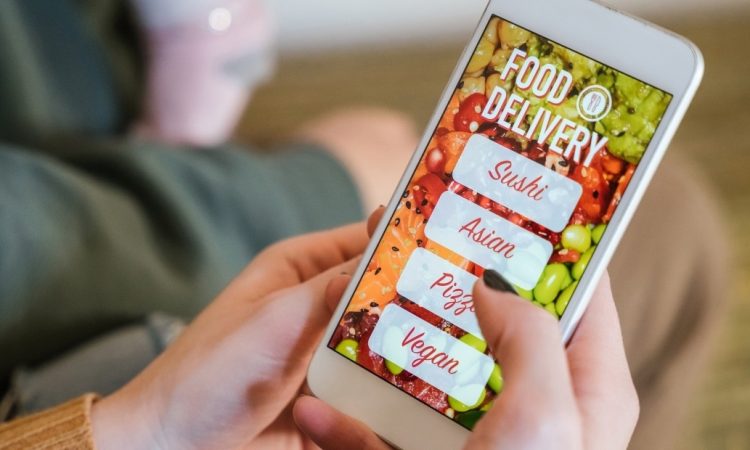
In the digital age, mobile apps have become integral tools for enhancing various aspects of our lives, including how we dine out. The restaurant industry, in particular, has witnessed a transformation with the integration of mobile apps into Restaurant Operating Systems (ROS). These apps play a pivotal role in improving customer experiences, optimizing operations, and increasing the reach of restaurants. Here’s a closer look at their role:
1. Convenient Ordering and Reservations:
Mobile apps have simplified the process of making reservations and placing orders. Customers can book a table at their preferred time or order their favorite meal for takeout or delivery, all from the convenience of their smartphones. This convenience fosters customer loyalty and encourages repeat business.
2. Personalized Experiences:
Mobile apps collect data on customer preferences, order history, and dining habits. This information enables restaurants to offer personalized recommendations and promotions, making customers feel valued and appreciated.
3. Faster Service:
Mobile apps can expedite the dining experience. Customers can browse menus, customize orders, and pay through the app, reducing wait times and minimizing the need for physical menus and cash transactions.
4. Loyalty Programs and Rewards:
Many restaurant apps incorporate loyalty programs. Customers can earn points or rewards for each visit or purchase, encouraging them to return. These programs not only increase customer retention but also provide valuable data for marketing strategies.
5. Contactless Payments:
In a post-pandemic world, contactless payments have become the norm. Mobile apps facilitate this by allowing customers to pay their bills using their smartphones. This minimizes physical contact, promoting safety and convenience.
6. Marketing and Promotion:
Restaurant apps provide a direct channel for communication with customers. Restaurants can send push notifications about special offers, events, or new menu items, keeping their clientele engaged and informed.
7. Increased Efficiency:
For restaurant staff, mobile apps integrated into ROS streamline operations. Orders placed through the app are transmitted directly to the kitchen, reducing the risk of errors in communication between servers and chefs.
8. Inventory Management:
Some ROS apps allow restaurants to manage inventory in real-time. When a menu item runs out, the app can automatically update the menu to prevent customers from ordering unavailable items.
9. Feedback and Reviews:
Mobile apps often include features for customers to leave feedback and reviews. This feedback is invaluable for restaurants to gauge customer satisfaction and make improvements.
10. Extending Reach:
Mobile apps can attract new customers by making it easier for people to discover your restaurant. Integration with food delivery apps and online ordering platforms can expand your reach to a broader audience.
In conclusion, mobile apps are more than just a convenient add-on to Restaurant Operating Systems; they are powerful tools that enhance customer experiences, streamline operations, and drive business growth. Embracing the digital transformation by incorporating mobile apps into your restaurant’s operations is a savvy move in today’s competitive dining landscape.
